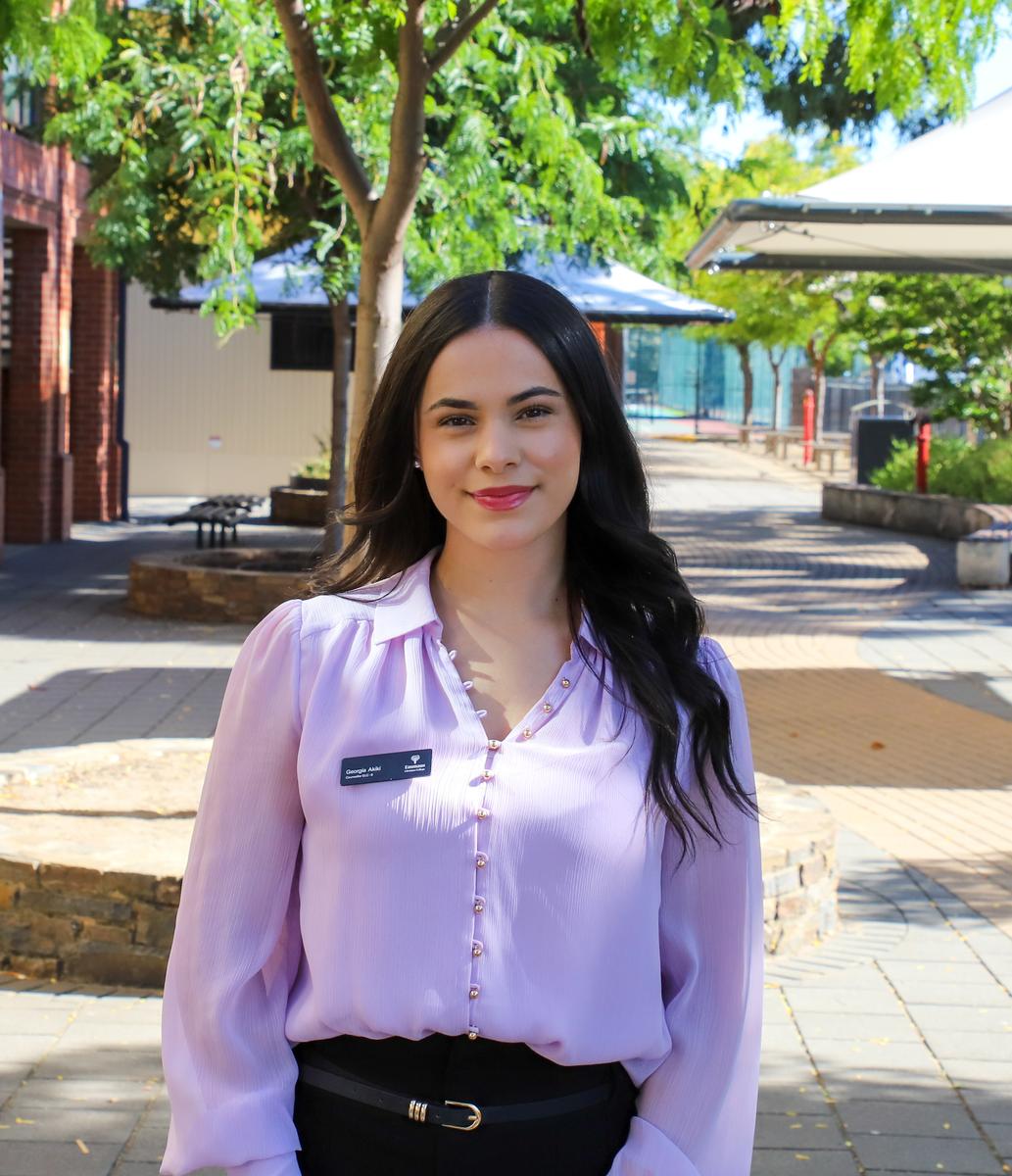Student Wellbeing
Georgia Akiki

Student Wellbeing
Georgia Akiki


Failure is something we all try to avoid. It’s uncomfortable, frustrating, and often leaves us feeling defeated. But what if failure isn’t something to fear, but a pathway to success?
This is a lesson I had to learn recently, not in some dramatic, life-altering way, but right in my own kitchen. I decided to bake a dessert to take along to a friend’s dinner. It seemed like a great idea until everything started going wrong. The mixture wouldn’t thicken, I forgot one of the key ingredients, and by the end, my creation looked more like something out of a mud kitchen than a dessert plate. I’ll be honest, I cried. More than once.
But that small failure got me thinking. We’ve all had moments where we feel like we’ve failed, whether as minor as a baking disaster or as monumental as a failed invention. The disappointment can be real and heavy. Yet it doesn’t have to define us.
Take Thomas Edison, for example. When asked about his many unsuccessful attempts at inventing the light bulb, he famously said, “I have not failed 10,000 times, I’ve successfully found 10,000 ways that will not work.” His perspective reframes failure not as the end of the road, but as part of the journey.
And this mindset is especially important when it comes to children.
In a world that often rewards perfection and performance, kids can easily grow up thinking that failure means they’re not good enough. They might start avoiding challenges altogether, choosing to play it safe rather than risk getting it wrong. But the truth is, failure is a natural and necessary part of learning.
As parents, carers, and educators, we have the opportunity to reshape how children view failure. Instead of rushing in to fix every mistake or shielding them from hard moments, we can guide them to see setbacks as stepping stones.
Ultimately, the goal isn’t to help children avoid failure; it’s to equip them with the tools to grow from it. If we can help them see failure not as a dead end but as part of the path, we’re giving them a powerful gift: the confidence to keep trying, to stay curious, and to become more resilient human beings.
The Bible doesn’t shy away from stories of failure and that’s good news. Time and time again, we see people stumble, make mistakes, and fall short. Yet we also see a God who is rich in grace, slow to anger, and abounding in mercy.
Peter denied Jesus three times, Moses disobeyed and struck the rock, and David committed a serious sin. Yet none of these failures disqualified them from being used by God. In fact, God often used their lowest moments to teach, transform, and prepare them for even greater purpose.
One of the most powerful truths in Scripture is that God’s love and calling aren’t dependent on our performance. “My grace is sufficient for you, for my power is made perfect in weakness,” Paul writes in 2 Corinthians 12:9. What a relief and what a promise. When we fail, we fall into grace.
As parents, we can anchor our children in this truth. We can remind them that their worth isn’t tied to their success, but to who they are in Christ, deeply loved, completely accepted, and never alone, even in their mess.
So, the next time your child struggles or falls short, don’t rush to erase the failure. Sit with them in it. Teach them to bring it to God. And show them that grace isn’t just an idea, it’s a reality that transforms failure into growth and weakness into strength.
Because sometimes, the sweetest lessons come not from getting it right, but from learning how to rise when we don’t.
God Bless,
Georgia Akiki
Junior School Counsellor